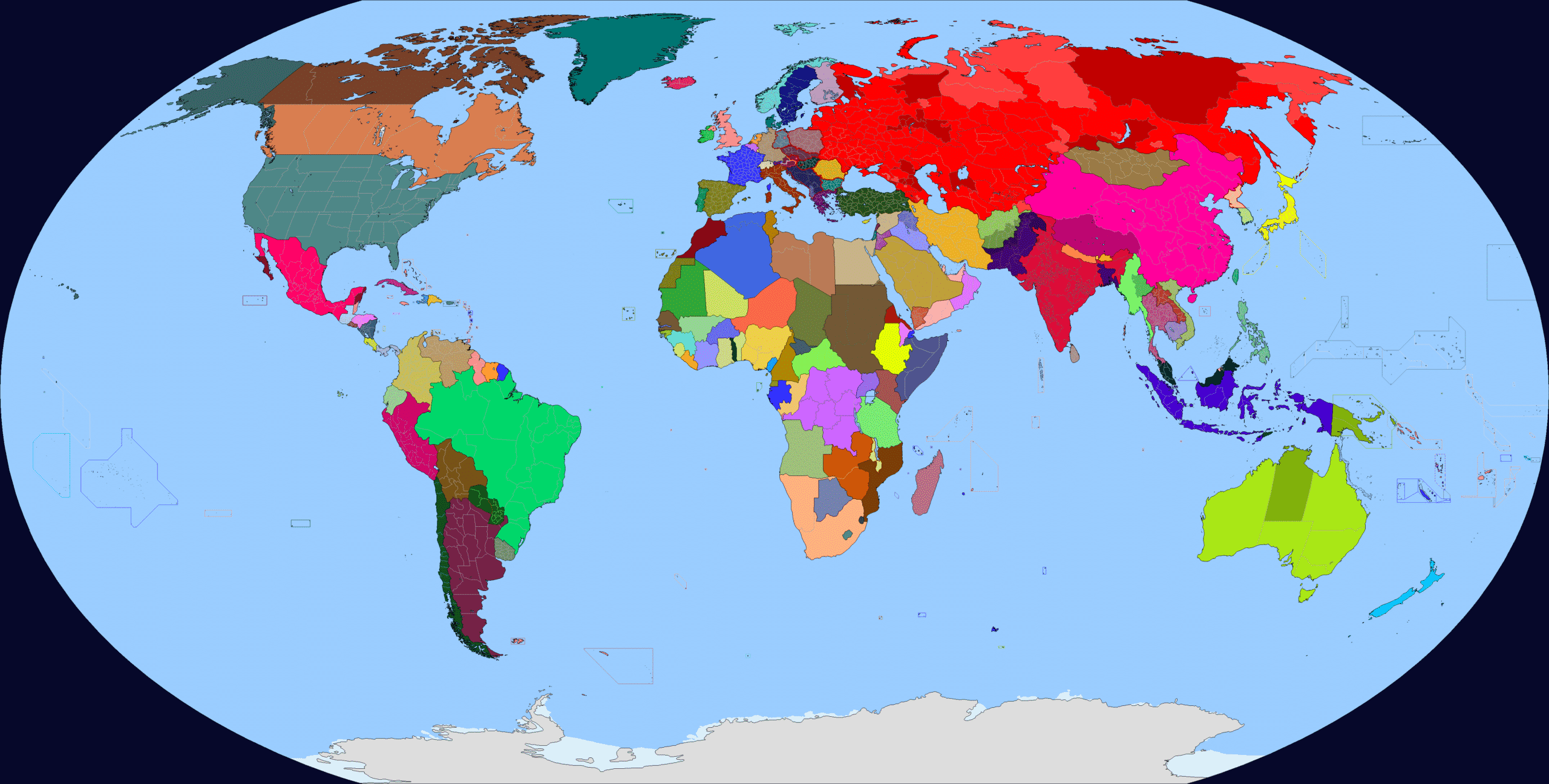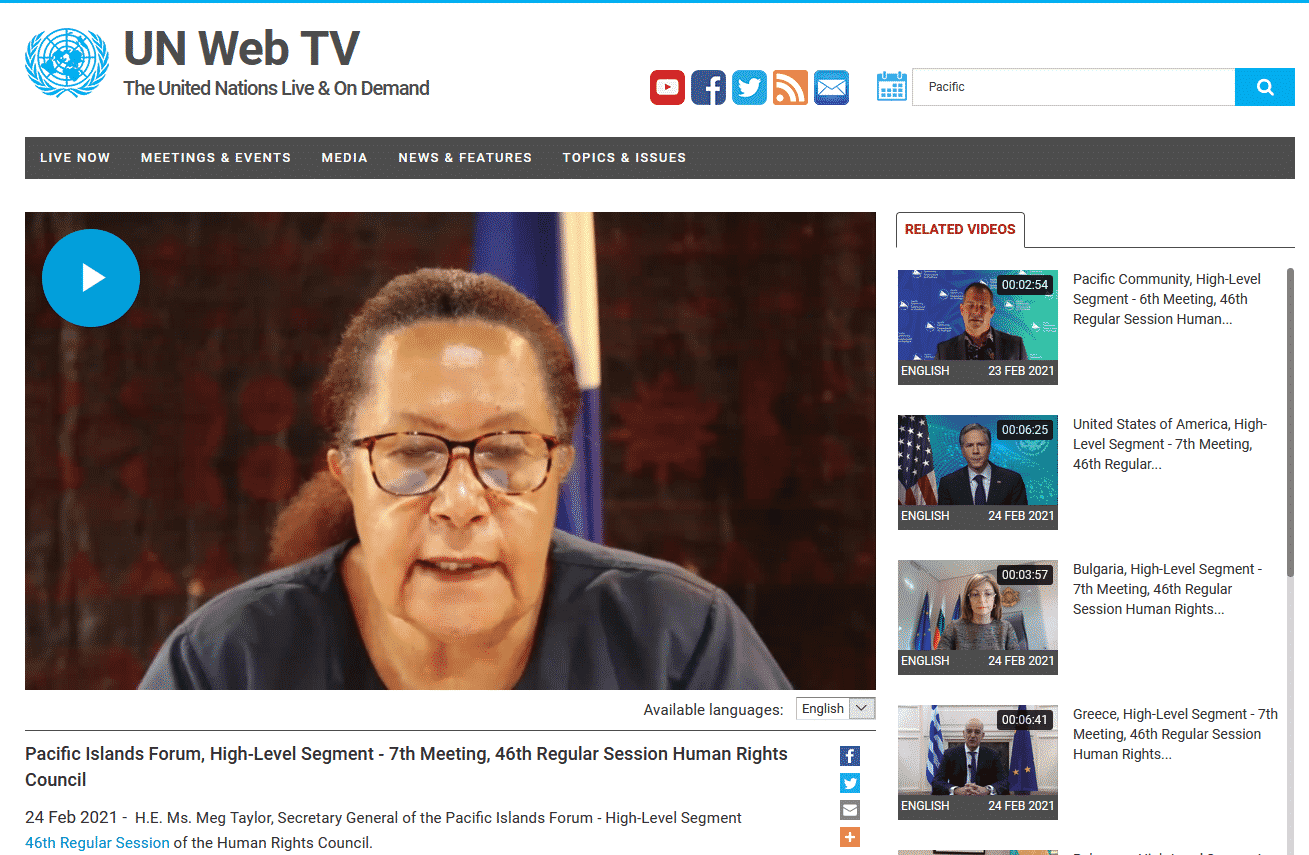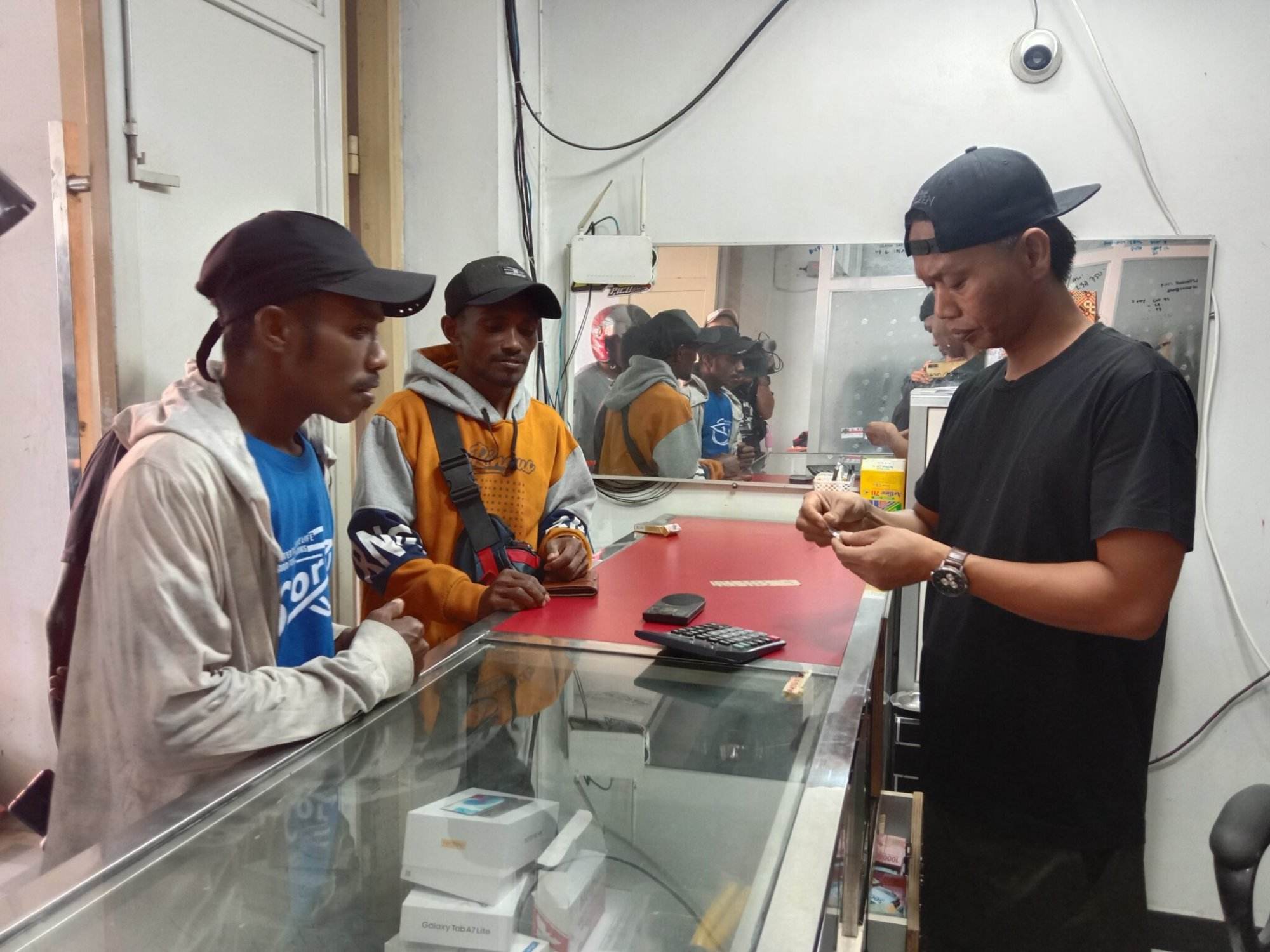
By Kisha Borja-Quichocho-Calvo
DURING the closing ceremony for the 12th Festival of Pacific Arts, or FestPac, a few Chamoru activists came together to make a political statement. We sacrificed four of our official FestPac wraps and made banners with the following words on them: “Decolonize Oceania” and “Free Guåhan.” And when it was time for the Guåhan delegation to parade onto the main platform, we walked around the Paseo Stadium with these banners.
Why did we take such an action?
It must be understood that this action was necessary for a number of reasons.
First, it was necessary to demonstrate that FestPac is not just an event which highlights the beautiful cultural facets of our Pacific communities — songs, dances, chants, poetry, artwork, food, navigation. It is also an event which should remind us of the historical and political struggles of our peoples, of the social and political unrest in our Pacific Island nations (such as in the Marianas, West Papua, Hawai’i, Kanaky/New Caledonia) and the beauty in our ability to survive hundreds of years of colonialism.
Second, the action was necessary to show that we stand in solidarity with other Pacific islanders’ resistance movements.
Finally, this action was necessary to express the Chamoru situation. Guåhan remains a U.S. colony and Chamorus here have yet to vote for our political status. This is a very big deal, and others throughout the region and around the world need to know about it, and how there is a community of people who stand against the status quo.
And while there seemed to be mixed reactions toward our action (several of our mañaina or elders chanted “Biba Chamoru,” blew their kulo’ shells, and held up our island’s flag; others seemed confused; some even thought that that FestPac was not the appropriate venue for the action), it was an action that made a very clear, very bold statement: We recognize the struggles of our sisters and brothers throughout Oceania, including their movements against different colonial powers, movements regarding climate change and movements against violence toward Pacific islanders.
We stand in solidarity with the Kanaka Maoli, Kanak, Marshallese, i-Kiribati and West Papuans. We stand in solidarity with our sisters and brothers in the region who are fighting to keep their cultures thriving, especially in places where they are the minority.
Further, we wanted to inform our local, regional and international communities of the struggle for political self-determination for the Chamoru people of Guåhan, how we have yet to exercise our rights as an indigenous people and how there is a strong movement to politically decolonize and liberate our indigenous community. As the oldest colony in Oceania, it is very important that this message be made known.
The FestPac closing ceremony could not have been a more perfect event to take action and make a political statement. FestPac is not solely a cultural event; it is very much a political event. After all, if it weren’t for the many political movements that occurred throughout the region — with indigenous languages and traditional practices, movements which were rooted in culture — then perhaps major changes in the region would not have been made.
We must stop thinking that we live in an island paradise, a utopia of peace and harmony. Because there is nothing peaceful about our indigenous peoples living on colonies, where we can’t make decisions for ourselves. There is nothing harmonious about being unable to control or even negotiate what the U.S./France/Chile/Taiwan wants to do with our lands. There is nothing utopic about the rejection of our right to decolonize ourselves.
The action that we took at the FestPac closing ceremony was necessary to make a statement, not just for Guåhan, but for the entire Pacific region. The world was watching us that night; hopefully, they heard our message, too. (*)
The author is a resident of Mangilao, Guam













